Graphic Recording, as many of my readers know, is a real-time visual note taking process done in a public manner, usually with large sheets of mural size paper (although other materials can also be used including digital means).
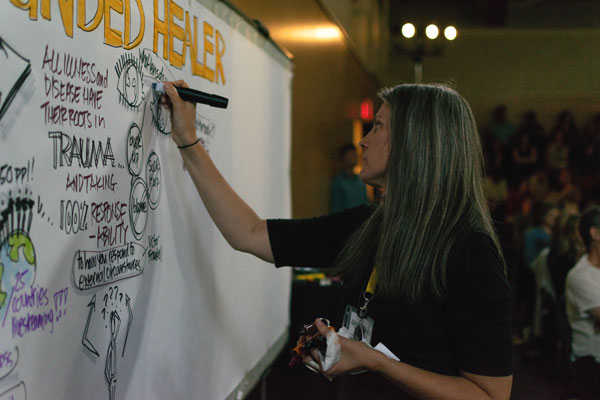
Photo by Ben Kerr. Courtesy of The Base
If you are aware of the SketchNotes technique, it’s the same idea, but larger and with the notes happening publicly rather than in your own small notebook.
For the first decade of my process career I was a Graphic Recorder. My full-time job was travelling the world working for various consultants, facilitators and corporate, governmental and NGO clients and taking their large, visible meeting notes for them. It was an awesome job, not only did I get to see the world, but I also learned A LOT about how our world works and how it doesn’t.
Nowadays I use visuals more interactively, through the facilitation and coaching I provide. And I also teach other Process Professionals how to weave Working Visually into their work too.
I rarely do Graphic Recording for others anymore, however when Mary McAlister of The Base Healing Community asked if I knew of any Graphic Recorders who would be good for an upcoming event she was organizing … I said “yes, me”.
Her workshop was with a personal hero of mine, Dr. Gabor Maté on the important topic of Compassionate Inquiry… so SHIFT-IT Coach, Inc. donated the GR services and became one of the sponsoring partners.
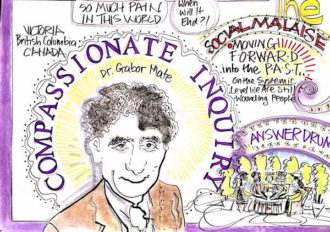 Many of you reading already know of Dr. Maté’s leading edge work in childhood development and trauma. He’s a Canadian physician with impressive street credentials in education, palliative care, attention deficit disorder, addiction and abuse … and their lifelong impacts on physical and mental health.
Many of you reading already know of Dr. Maté’s leading edge work in childhood development and trauma. He’s a Canadian physician with impressive street credentials in education, palliative care, attention deficit disorder, addiction and abuse … and their lifelong impacts on physical and mental health.
He’s a best-selling author who’s been translated into 26 languages. And best of all … he’s taking on our current whacked systems and calling them out. As only someone from the inside can.
Dr. Mate is calling his latest work “Compassionate Inquiry” as he seeks to educate and empower front line workers in the medical, community and police agencies about the effects of stress and trauma. Not only in the people they serve but also in themselves. And offer ways to compassionately help people to meet their trauma in the now.
His teaching style is to “do” and “be” the approach, rather than just talk about it. So, most of the time at these events was spent interacting with audience members and often bringing people up on stage to ‘work with’ what was emerging in their experience, right there. More left-brain folks who were expecting a more conventional teaching or workshop style were challenged at times.
The Friday night lecture and the weekend workshop were both live-streamed via video conferencing. Given the video would catch the live process work with individuals, I did my best as the Graphic Recorder to pull out the “logic trail” of his work. What main points did he articulate? What perspective was he sharing? What was he emphasizing?
Graphic Recordings act as memory devices and evokers for those who were in the room when the event was happening. Given that, they won’t make full sense to those of you who weren’t there … but hopefully the gist of the topic and energy will still seep through when you peruse them.
Evening Lecture: The Wounded Healer
Day 1: Compassionate Inquiry
Day 2: Morning
Day 2: Afternoon
Hopefully from my Graphic Recordings you get a sense of the power of what Dr. Mate communicated and the vibrancy, intensity and depth of the amazing participants who turned out in droves to interact with him (the Songhees Wellness Centre was sold out and hundreds more participated by the livestream … I believe total numbers were around 1500 or so).
The large turnout shows the need for better approaches in our health, education and policing systems. Not only here in Canada but across the globe, as these are international issues.
The ‘war on drugs’ is not working, it just punishes people for having been abused. People use all sorts of things to dull the pain of their lives (drugs, cigarettes, alcohol, food, sex, shopping, work, over exercise, etc.). It’s the underlying pain that is the problem not the people. Addicts get temporary relief, peace and calm from their substance or activity of their choice. We have a deep need for social change, given all of the ways people are attempting to medicate their pain in our so-called modern world.
This is a bit dated, however this Rio TedTalk is a good starting place if you are new to Dr. Mate’s message and would like some more context.
The Power of Addiction and The Addiction of Power:
You might also check out my prior article on Ayahuasca: Info for Process Professionals (for Mate’s interest in indigenous rituals and plant medicines).
And, stay tuned for The Base’s next events with local and visiting teachers … they often live-stream their events if you aren’t in the local area. And, see Dr. Mate’s event calendar for when he will next offer his Compassionate Inquiry workshop.
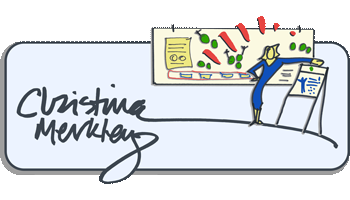

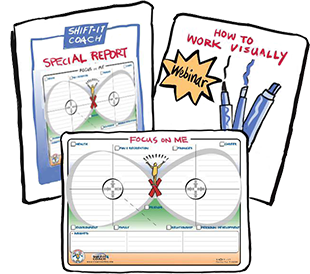
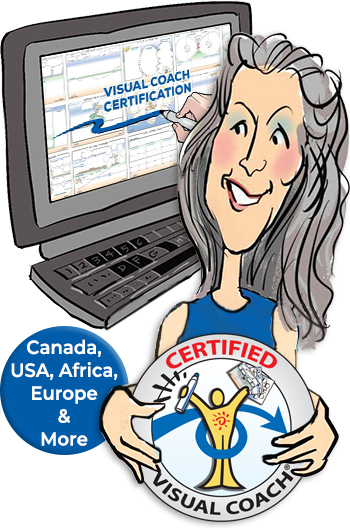
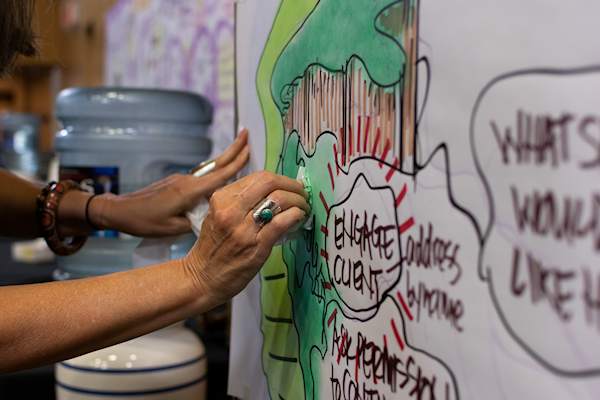
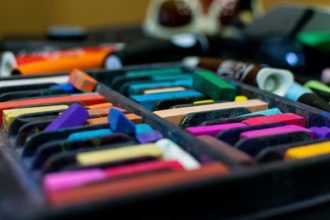
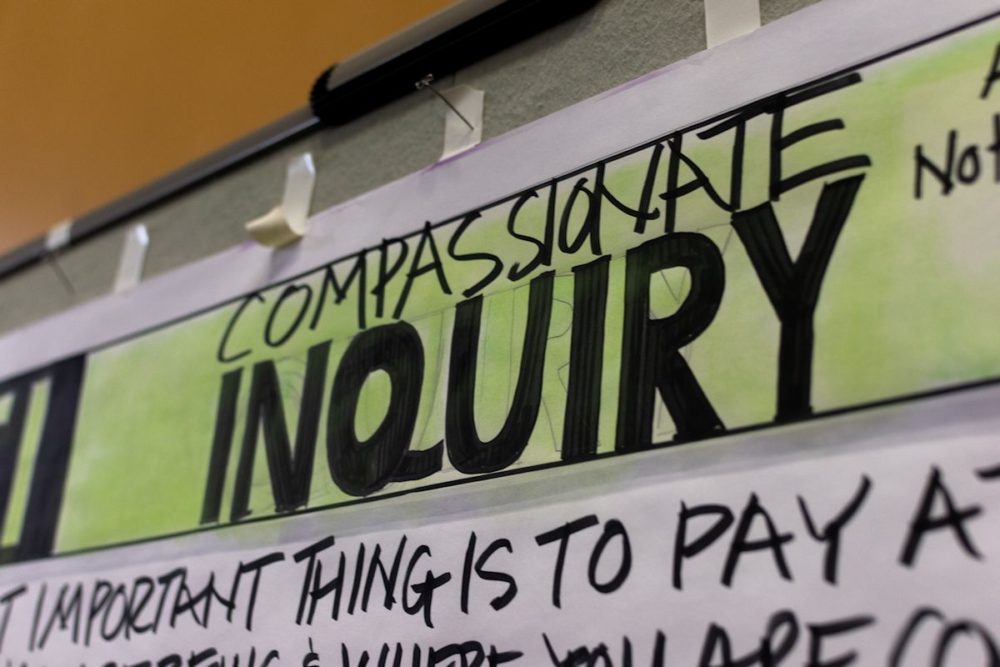
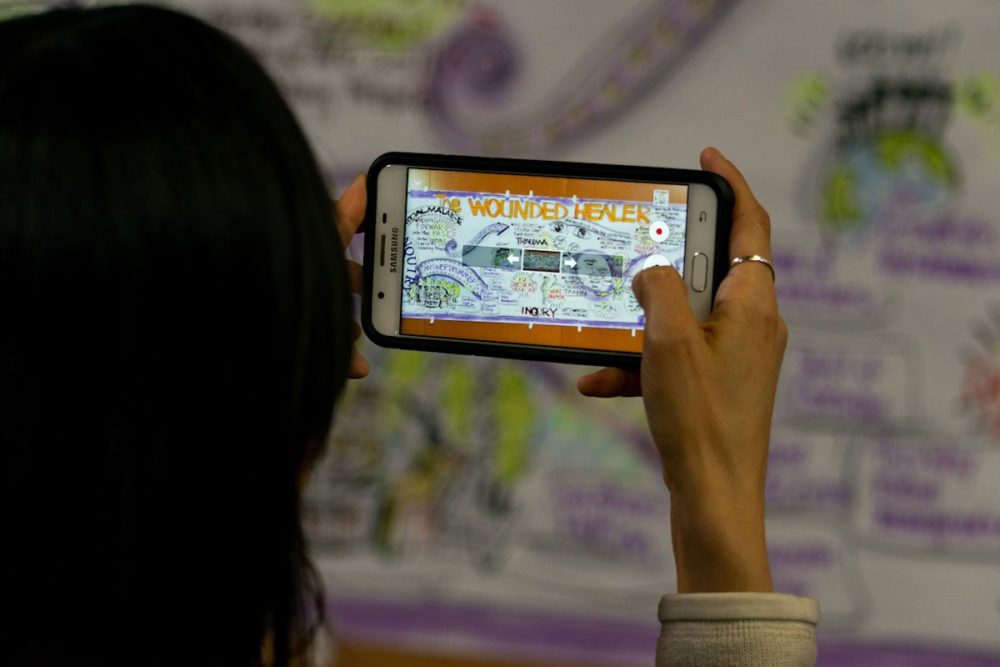




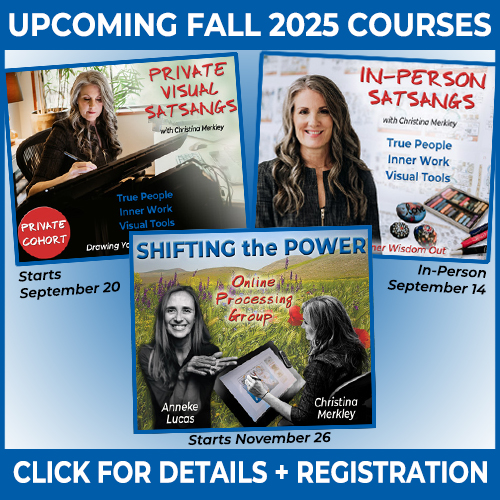
Wow Christina this is really awesome & beautiful work!!!
Thanks for the sweet comment Deon. Keep going in your work with my Visual Skills Home Study Kit … I look forward to viewing your GRs in the future!